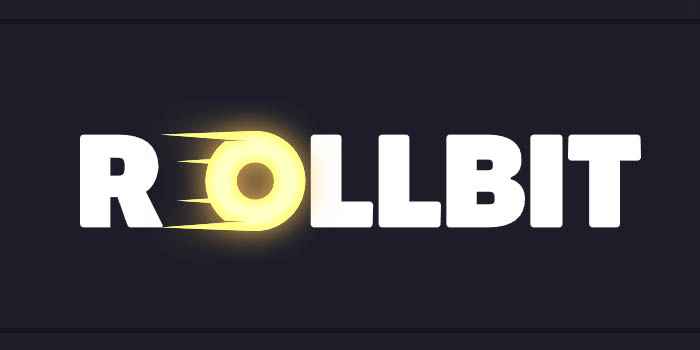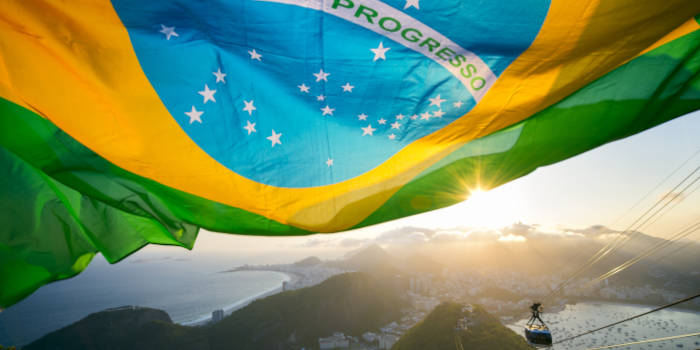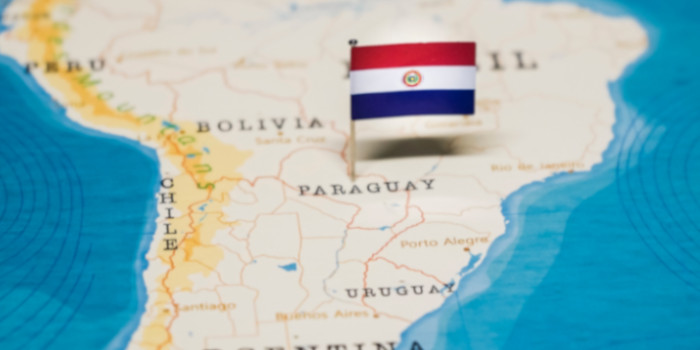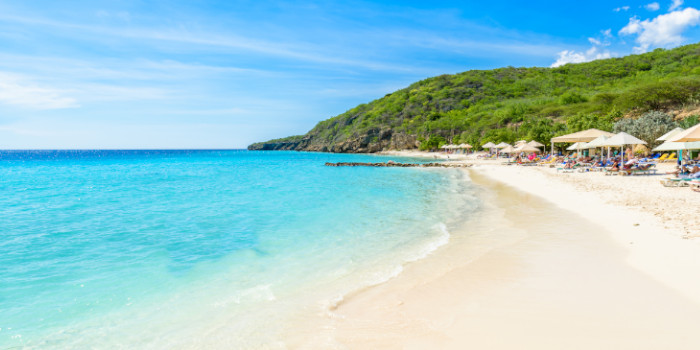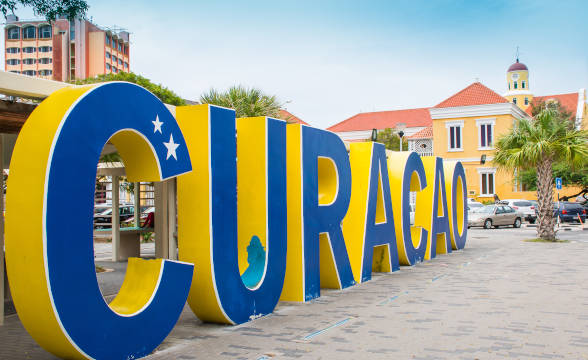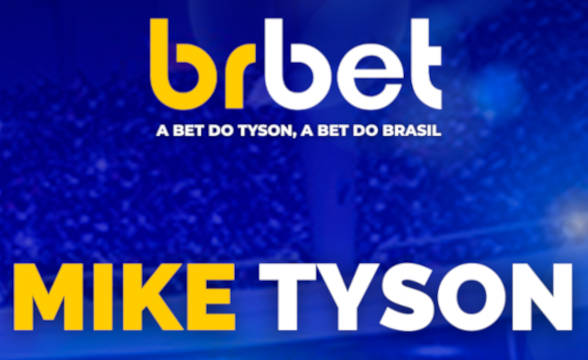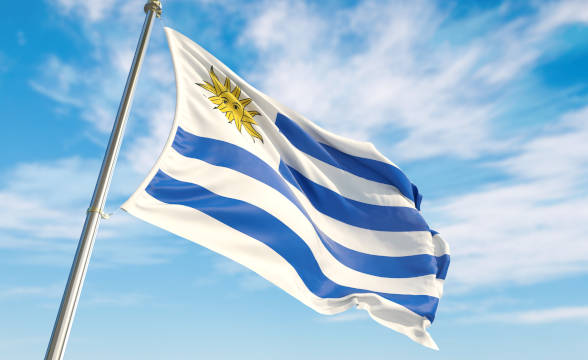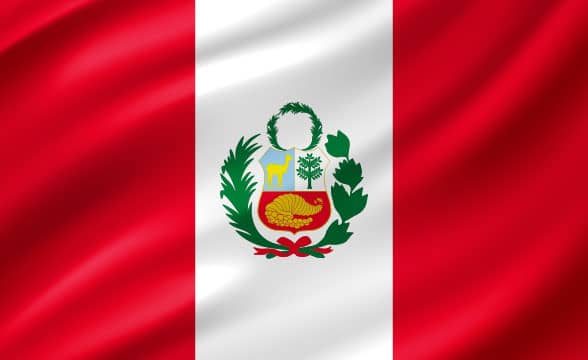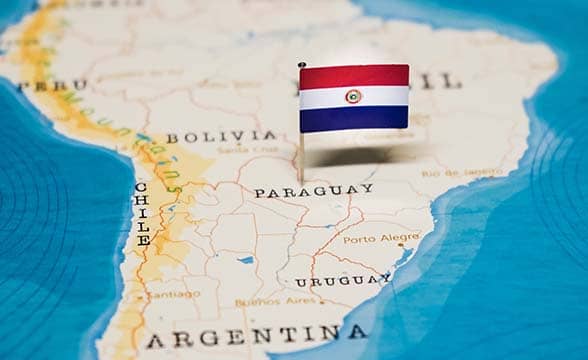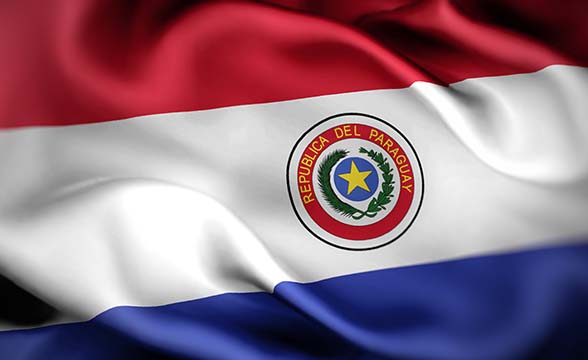Curacao to Add New Gambling Regulator amid Rescue Deal

The island of Curacao will now enact measures to achieve sustainability as part of a new financial rescue package with Dutch authorities. Under the deal, Curacao will have to overhaul its online gambling industry and tighten control over the sector.
Curacao Seeks Financial Help as it Vows to Overhaul Gambling Sector
The island of Curacao has negotiated a timetable for introducing its own gambling regulator in March 2021. The agreement has been reached with the Dutch government, as Curacao is formally a part of the Dutch Caribbean, and comes as a broader negotiation to bolster the local economy with financial rescue packages from the mainland.
Since COVID-19 struck, Curacao has been deprived of much of its tourist receipts, forcing the local government to seek help from its continental counterpart. Dutch authorities agreed to release liquidity support for Curacao and have done so in two installments since April, with a third one now on the cards before 2020 is out.
To be eligible for the support, though, Curacao will have to undergo some restructuring that necessitates it to revisit administrative and economic measures to build resistance. With the current pandemic serving as a jolt, Dutch authorities have insisted that Curacao takes on immediate measures to counterweigh the pandemic.
The economy is expected to shrink by 30% and will rely on the Landspakket pact for its short-term recovery. However, the packages are tied up to reforms in the gambling sector. The financial help also outlines a guided plan to overhaul the current framework and create a new gambling regulator that will start working as early as March next year.
Curacao has served as a base of operation to many sportsbooks and casinos, some known for accepting jaw-dropping wagers on various contests.
Gambling Regulatory Body to Seek and Enforce Industry
Once the regulator is established, it will have time until September 2021 to enforce responsibility on license holders. However, this may prove difficult at first blush with most Curacao-licensed operators not necessarily licensed or having a legal permission to extend products to certain jurisdictions.
Yet, the measures outlined by the financial package specify that all license holders should comply with the laws and regulations of the jurisdictions they operate in. It has been suggested in the past already that Curacao has a rather lax approach to issuing licenses, and serving more as a place to register gambling businesses rather than enforcing industry standards for consumer protection.
Curacao, which hitherto had a relaxed approach to collecting license fees and taxes will now have to introduce and develop mechanisms that request contributions from registered businesses. The ramifications for the gambling sector may be huge, with many businesses that have chosen to register in Curacao doing so for the somewhat lax regulatory scrutiny in how they run their day-to-day affairs.
Moving forward, the Curacao Gaming Control Board (GCB) may be responsible for the online gambling industry, as the GCB currently regulates the brick-and-mortar segment. The regulator will now have to enforce stricter anti-money laundering measures as well as focus on preventing funds leaking to terrorist organizations.
Curacao is largely considered one of the few remaining jurisdictions where licensing conditions for the online casino sector have been quite undemanding.
The announcement coincides with the announcement by GVC that starting today, Thursday, November 12, the company has rebranded as Entain Inc, as part of new CEO Shay Segev’s efforts to focus entirely on regulated markets.
Mike made his mark on the industry at a young age as a consultant to companies that would grow to become regulators. Now he dedicates his weekdays to his new project a the lead editor of GamblingNews.com, aiming to educate the masses on the latest developments in the gambling circuit.

